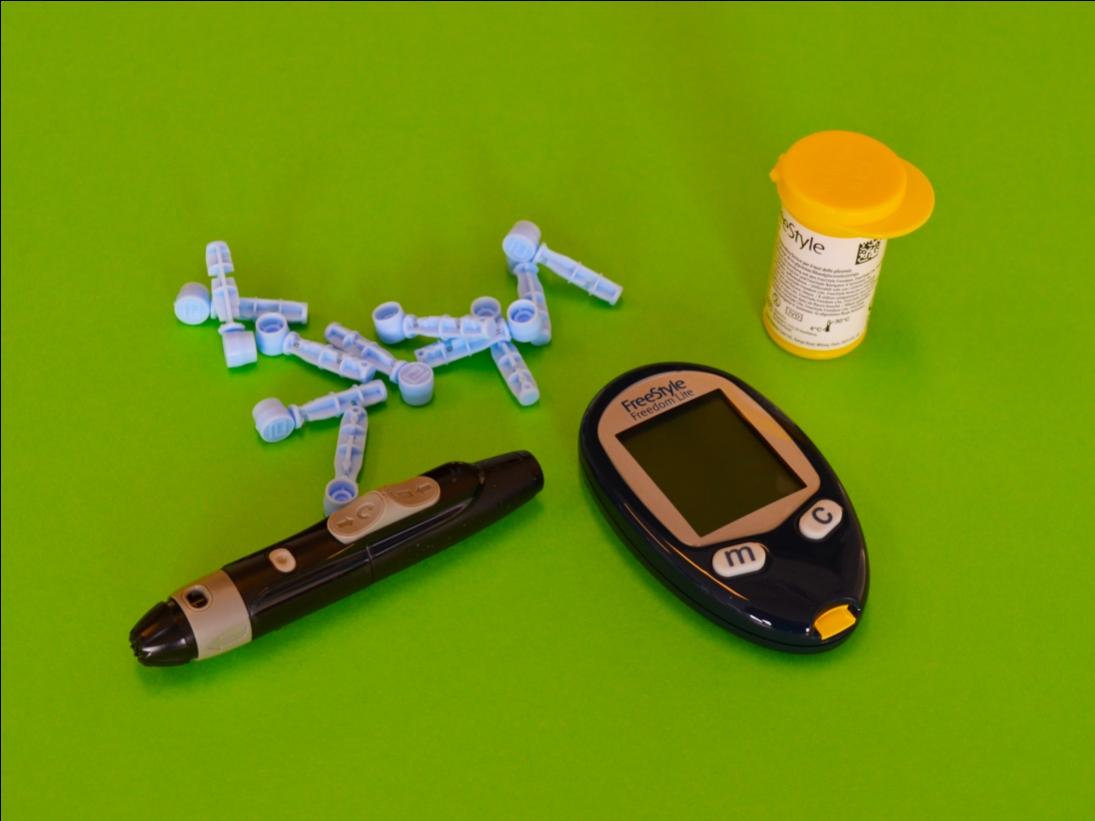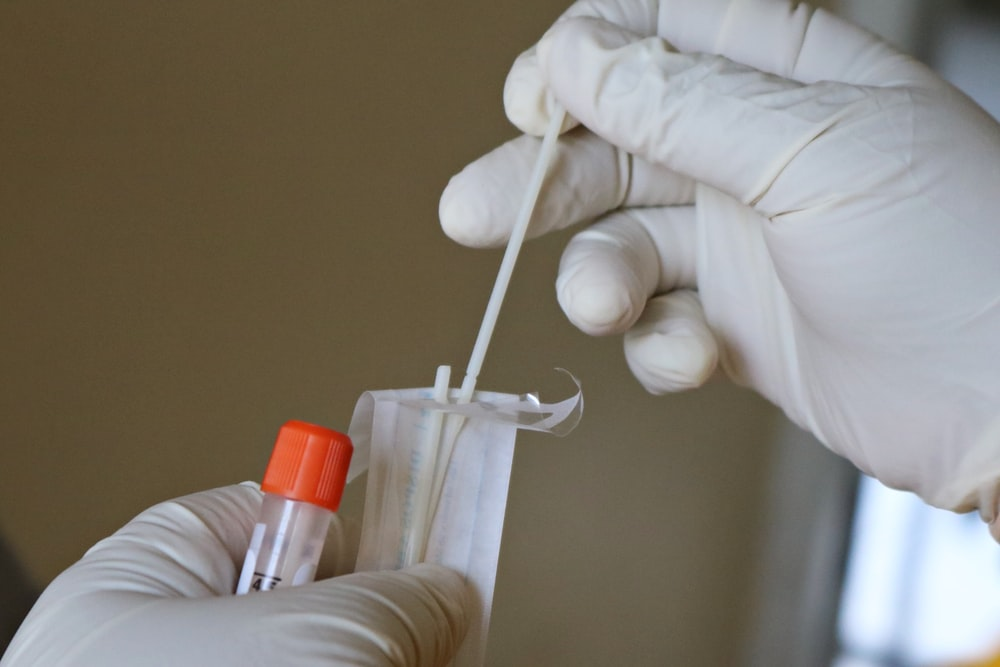Top COVID-19 Questions Everyone Is Asking

The United States alone has recorded over 80 million cases of COVID infections to date. From the first infection in North America back in March 2020, the virus has taken on new forms that have their own set of clinical presentations, incubation periods, and other modalities.
Amid the excess of misinformation and medical advice being offered, it is important to stay up to date with the latest guidelines and research literature relating to the pandemic. Below are several frequently asked questions about the coronavirus that we’re answering as part of our online healthcare campaign.
How are COVID-19 and Its Variants Transmitted?

Being in close range contact (6 feet and under) with someone with an active infection puts you at high risk. Secretions from coughing and sneezing are virus-laden, so if you’ve inhaled the particles whilst you were in close proximity with the patient, you can contract the infection yourself.
A secondary, less common but possible way to contract the virus is through touching a surface (doorknobs, utensils, light switches, etc.) that is frequently in use by many people. When your hands are contaminated by the viral particles, you’re at risk of allowing them inside your body by touching your eyes, nose, and mouth that serve as points of transmission.
Do the Variants Have Different Incubation Periods?
By definition, an incubation period of a disease is the time it takes since infection for the symptoms of the ailment to present themselves. COVID-19 and its variants are found to have varying time frames for incubation.
The original strain of the virus has an incubation period of around 14 days, with symptoms appearing within 5 days on average. A person infected with the Omicron variant can experience symptoms within as little as three days after infection. The Delta variant, on the other hand, typically has an incubation period of 4 days.
How Severe Are the Newer COVID-19 Variants?
Currently in the US, Omicron is the variant at large with 95% of reported cases relating to it. Omicron has been deemed the less severe of the variants in that it is less likely to make you ill to the point of needing intensive care or hospitalization.
The Delta variant, on the other hand, can cause more severe ailment in addition to also having higher transmissibility than the variants before it.

How Do I Know If I’m Eligible for a Booster Shot?
If you’ve already received your primary vaccine shots, you’ll need to wait at least 5 months before getting a booster. After this timeframe, everyone over the age of 12 is eligible for a booster. People of different ages are being recommended a different vaccine as booster shots, so make sure you get one that’s right for you.
TelMDCare
We’re an online healthcare service with licensed online doctors who address your medical concerns virtually. If you’re seeking treatment for a COVID-19 infection, book an appointment with us and skip the hassle of waiting. Our services are available in most US states.